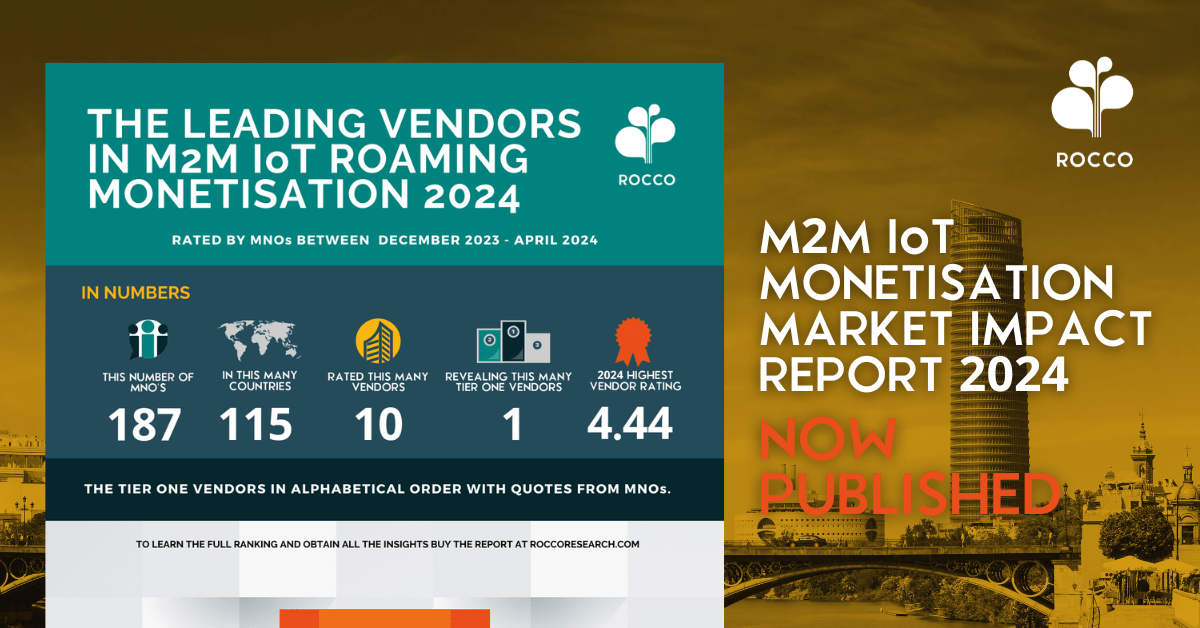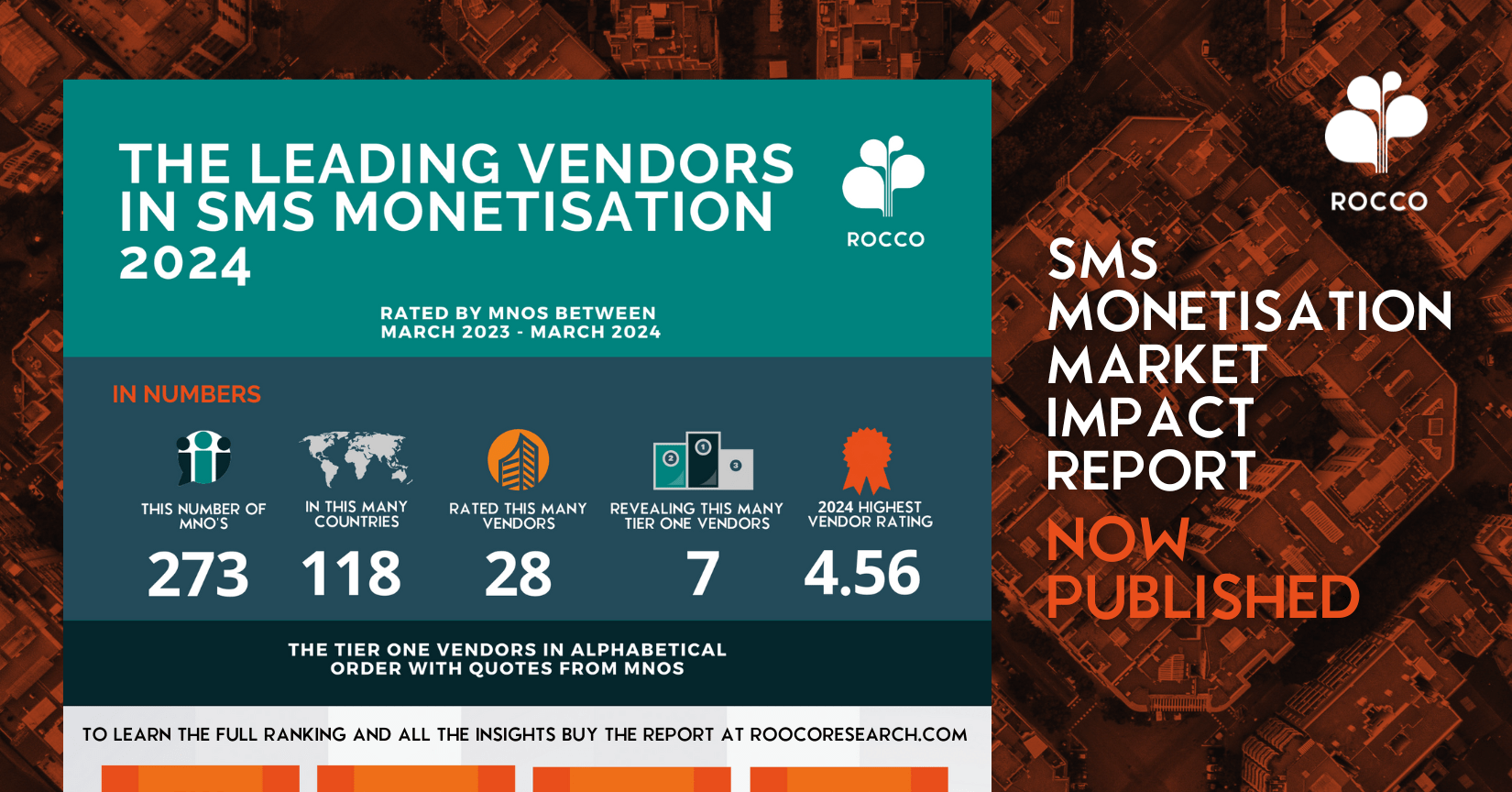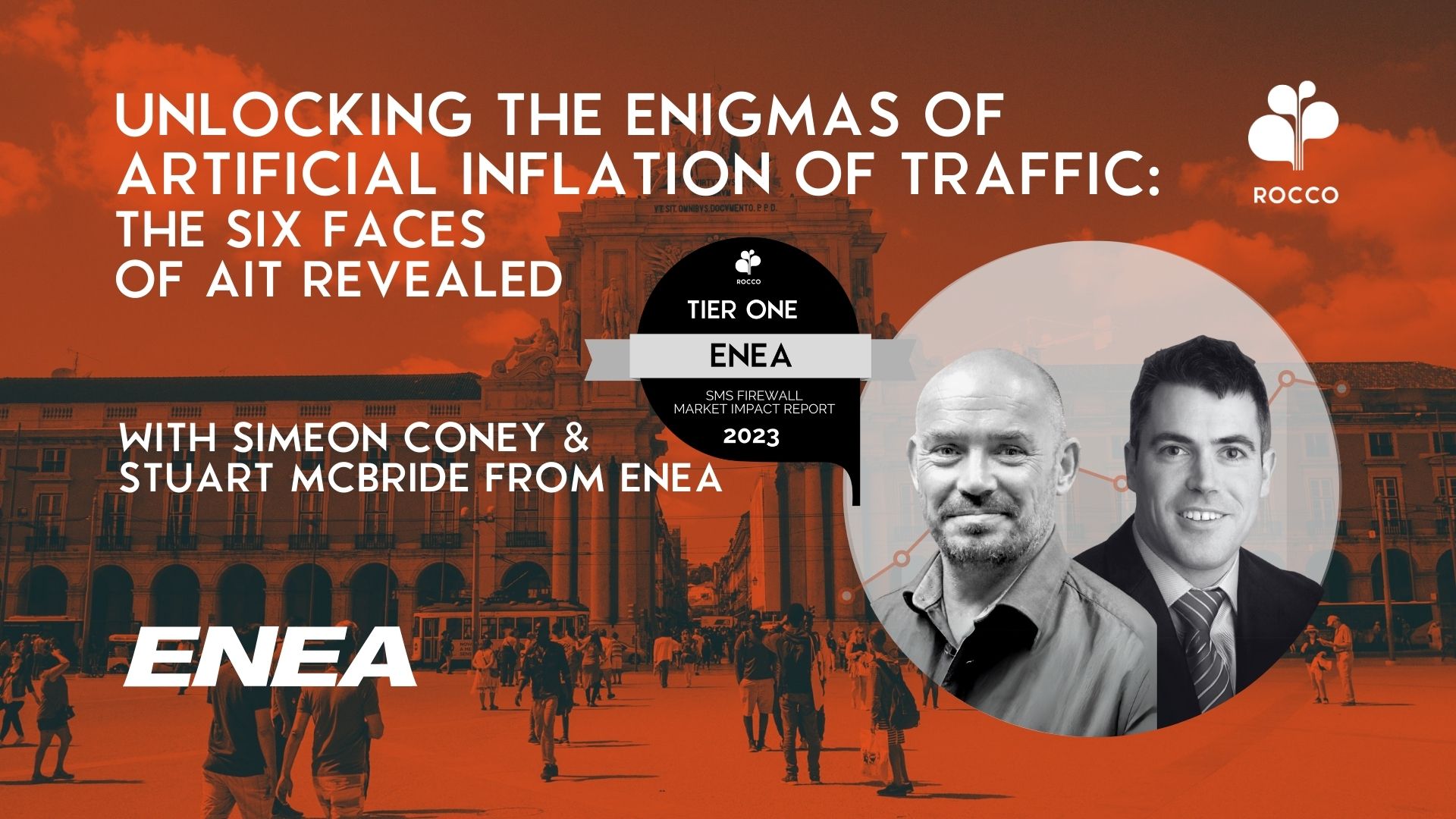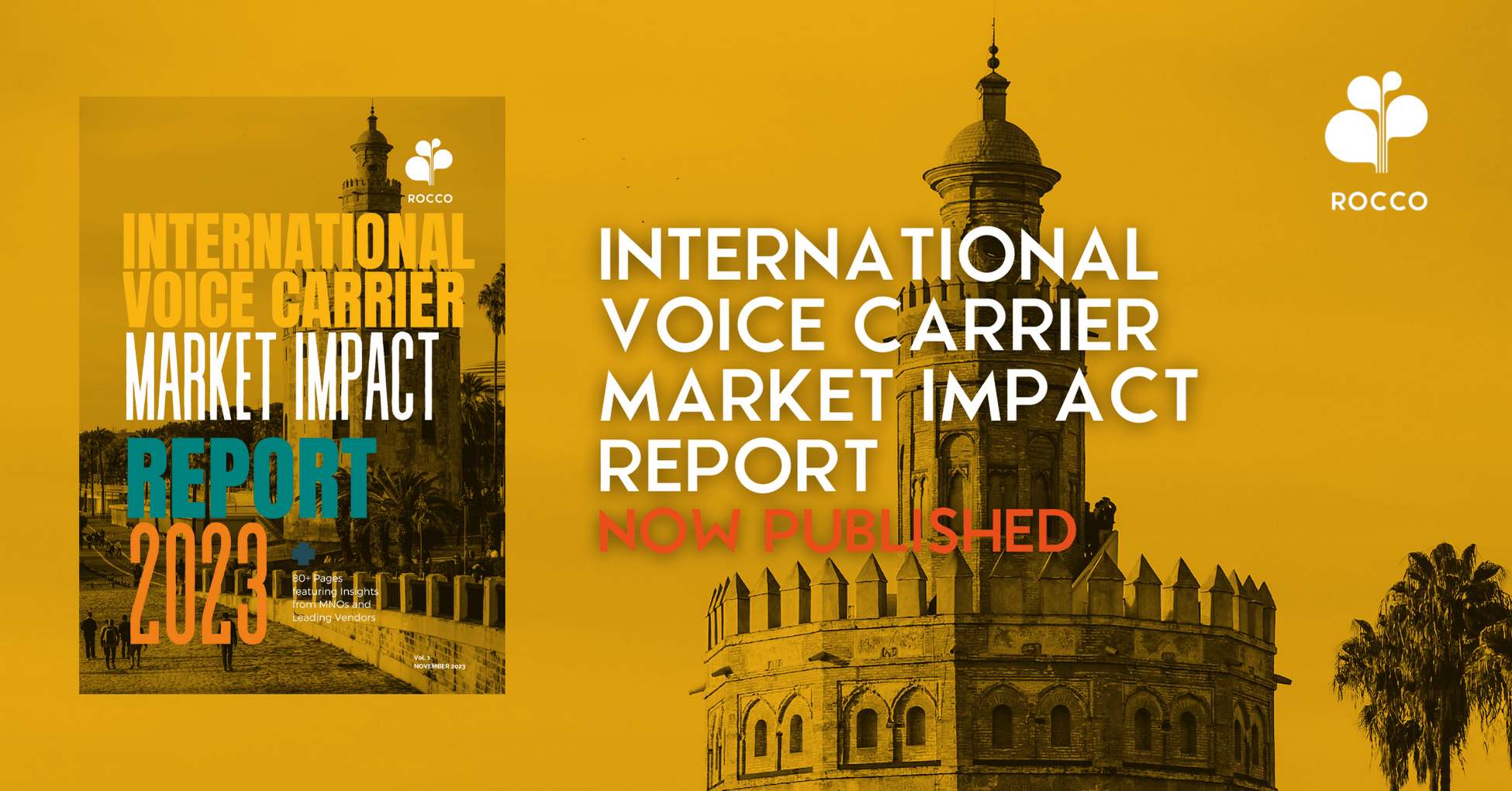Is RCS the new OTT?
For a long time, MNOs have planned ways to overthrow the over-the-top (OTT) apps such as WhatsApp, WeChat, Facebook Messenger; Rich Communications Services (RCS) is not a new concept (circa 2007), but it might be a game-changer if done right… which is an incredibly ambitious task in our current tech environment. The goal is to create an interoperable service across mobile devices and networks, as well as to obtain benefits from a messaging service that could actually compete with the above-mentioned apps as the current SMS and MMS systems are incredibly antiquated, and only used as a last resort.
What can RCS do that our beloved OTT apps can’t do?
First, let’s discuss what this new messaging service can finally do right. Let’s be honest – it took the MNOs long enough to respond to the soaring use of OTT apps. But thanks to Google, the future of interactive messaging for Android phones is not too far away.
The concept of sending high quality files or performing those daily media exchanges through apps like WhatsApp seems laughable if put in the old SMS/MMS perspective: with file size limitations up to 2 MB or even less depending on your carrier, as well as the unreliability of the service, we can confidently say that no one a fan of SMS/MMS. But RCS will be no different from an OTT app: you’d be able to send texts, photos, videos, share your location with one or many individuals at the same time. It also enables you to share media and your location while engaged in a phone conversation, and it will have access to your phonebook, helping you identify other RCS users. It will also show you when people have viewed your message and when they are typing a response – an update no one was really fond of when it first appeared on the Facebook Messenger app but has grown to accept as the norm.
Joyn (GSMA) or Advanced Messenger (T-Mobile) – the other names of RCS – would require the installation of an app until its use spreads and it comes directly out of the box with your brand new device. Some devices already come with a RCS integrated messenger, but due to its current lack of popularity, it hasn’t been put to much use. Even though it’s a much needed update, it does sound like an unnecessary addition after all these years of OTT usage – it is hard to break habits, and especially when a new ‘solution’ takes years to manifest, letting this new habit solidify entirely among users from all over the world. Also, the general consensus is that the companies behind the apps can innovate a lot faster than the carriers. So why even bother?
So, we’ve come back to the first question: what makes it so different from the OTT apps? Well, it’s directly tied to your phone number, therefore the installation of extra apps or the creation of accounts won’t be necessary – third parties will be eliminated. Also, your data won’t be used as MNOs are preparing to offer unlimited text messaging plans. But until a universal support for RCS is developed, these ideas are just that: ideas. Compatible messaging apps and networks are required for both parties to be able to interact.
Fortunately, the project is supervised by the GSMA’s Universal Profile which consists of a set of requirements and features that would make the execution of the service possible and easier. The initiative has been specifically designed to ensure compatibility. The first release of the Universal Profile standard occurred on November 17th 2016 and covered the core features, such as contact discovery across regions, messaging, group chat, file transfer, audio messaging, video share, multi-device, enriched calling, location sharing and live sketching. Release 2 is scheduled for Q2 2017 and will mostly focus on the developers, APIs, plug-in integration and improved authentication, security and entry routes for commerce applications.
Universal Profile: A new industry standard for Advanced Communications. The Universal Profile (UP) is an industry-agreed common set of features and technical enablers for Advanced Communications.
Release 1 (available now) – This includes core features such as capability discovery which will be interoperable between regions, chat, group chat, file transfer, audio messaging, video share, multi-device, enriched calling, location share and live sketching.
Release 2 (available quarter two 2017) includes Messaging as a Platform, APIs, plug-in integration and improved authentication and app security.To date 47 Mobile Network Operators, (collectively covering a subscriber base of 4.7 billion people globally), 11 manufacturers and 2 OS providers, have committed to supporting a single, standard implementation of the Universal Profile to accelerate the availability Advanced Communications. Support for the Universal Profile is gaining momentum, currently it is backed by 60 supporters:
- 47 Operators: AIS, América Móvil, AT&T, Axiata Group, Beeline, Bell Mobility, Bharti Airtel, China Mobile, China Telecom, China Unicom, Claro Brazil, Claro Colombia, Deutsche Telekom, Etisalat, Globe Telecom, Indosat Ooredoo, KPN, M1, Megafon, Millicom, MTN, MTS, Optus, Orange, Personal Argentina, Personal Paraguay, PLAY, Reliance Jio, Rogers Communications, Singtel, Smart Communications, Sprint, StarHub, Telcel Mexico, Tele2, Telefónica, Telenor Group, TeliaSonera, Telkomsel, Telstra, Telus, TIM, T-Mobile US, Turkcell, Verizon, VimpelCom, and Vodafone.
- 11 OEMs: Alcatel, ASUS, Huawei, General Mobile, HTC, Intex Technologies, Lava International Ltd., LG Electronics, Lenovo/Motorola, Samsung Electronics and ZTE
- 2 mobile OS providers Google and Microsoft.
Also, this development concerns mostly Android users as Apple already has its popular iMessage service and it doesn’t plan on integrating RCS to iPhones.
Over the last couple of years, Google has been working through the GSMA with hundreds of carriers and manufacturers around the world to bring the text message into the 21st century. Using the RCS Standards, the group plans to make a texting app that comes with your phone and is every bit as powerful as those dedicated messaging apps. This would make all the best features available to everyone with an Android phone.
Google has been also developing a main platform called Jibe, obtained in 2015, which complies with the Universal Profile for Advanced Messaging. It will support SMS, MMS and RCS. Google is also offering a carrier hosted service to operators, removing the need to implement their own infrastructure in order to ensure compatibility for all users. The “Jibe Hub” consists of a simple connection to the global RCS network, assuring the delivery of messages quickly and smoothly across all networks. It also provides access to third-party RCS networks which some operators would choose over Google’s infrastructure, especially in countries outside of the US. The application will be hosted and updated through the Google Play Store.
Several MNOs are on board with Google’s solution including Orange, Deutsche telekom, Globe, Rogers, Telenor, Sprint and Vodafone.
While we wait for Android’s RCS network to develop and become truly interoperable for personal use, Google has promised an Early Access Program for businesses to allow them to learn and grow with the new technology. These early users include Virgin Trains, Walgreens, BlaBlaCar, Gamestop, G2A.com, IHG, LexisNexis Risk Solutions, Naturas, Papa Murphy’s, Philips, Sky, SONIC® Drive-In, Subway, and Time Inc. will work with messaging partners 3C, CLX Communications, Experian Marketing Services, MessageBird, mGage A Vivial Company, Mobivity, Movile, Vonage through Nexmo API Platform, OpenMarket, Waterfall, and Zipwhip.
Technically, the RCS can be used already, but until a standardised platform is launched, it will be impossible to fulfil this interoperable goal – people from different networks using different RCS infrastructures are not able to communicate. Whether people would use it when it’s fully finished and launched or stick to what they know – the good old OTT apps – that remains to be seen.
Polina Hristova reporting for ROCCO.













